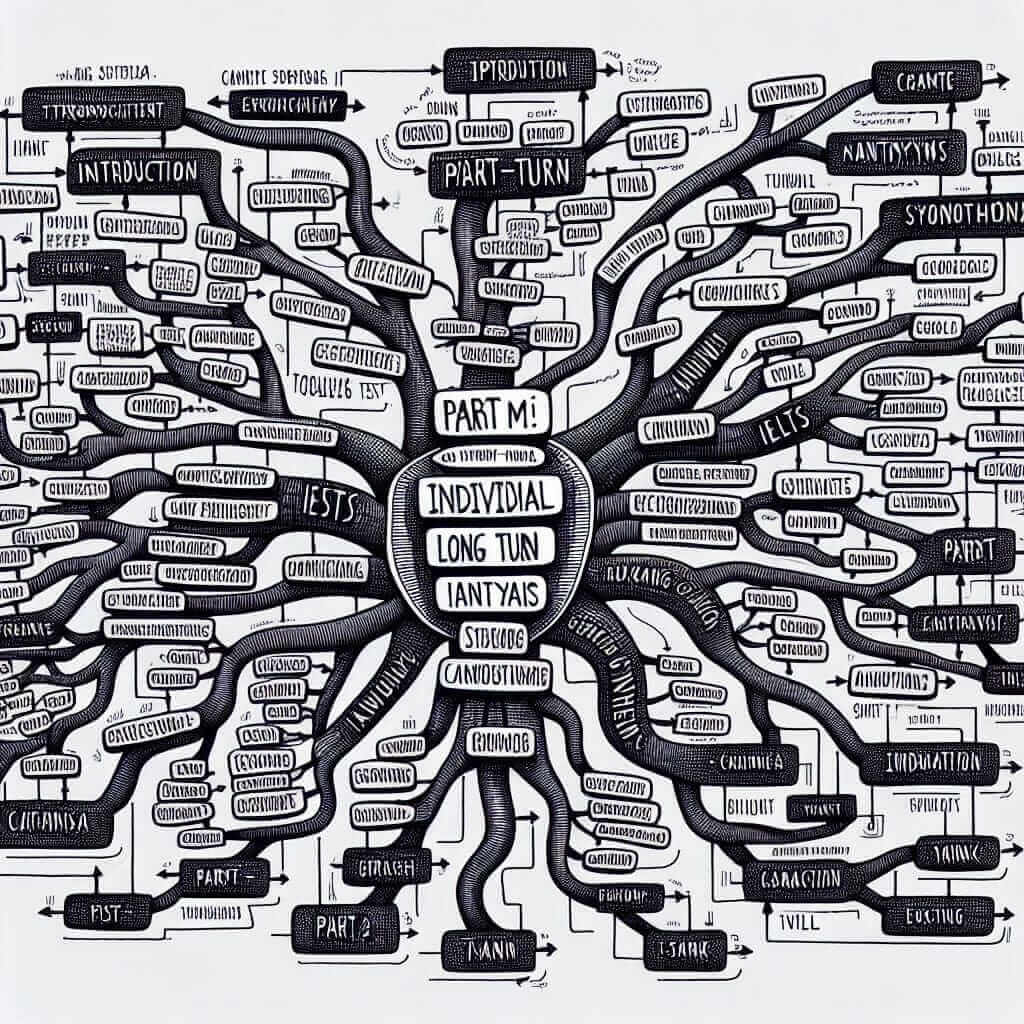As an IELTS instructor with over 20 years of experience, I’ve encountered this seemingly simple question countless times. While it seems straightforward, “Can you describe your job to me?” holds the potential to either make or break your IELTS Speaking performance. It’s not just about stating your profession; it’s about demonstrating your vocabulary, fluency, grammar, and coherence in a way that truly resonates with the examiner.
This guide delves deep into why this question appears in the IELTS Speaking test, effective ways to answer it, and provides you with the tools to confidently articulate your professional life and impress the examiner.
Why the IELTS Exam Asks About Your Job
The IELTS Speaking test assesses your ability to communicate effectively in English in a natural, conversational setting. The examiners aim to gauge:
- Vocabulary Range: Can you use a variety of words and phrases related to your profession and daily tasks?
- Fluency and Coherence: Can you speak smoothly, link your ideas logically, and elaborate on your points?
- Grammatical Accuracy: Can you use correct grammar structures throughout your response?
- Pronunciation: Can you be easily understood, with clear pronunciation of individual sounds and correct word stress?
Describing your job allows you to showcase these skills in a context familiar to you.
Mastering the Art of Describing Your Job
Here’s a structured approach to answering “Can you describe your job to me?” effectively:
1. Start with a Clear and Concise Introduction
Begin by stating your job title and briefly mentioning the company or industry you work in. For example:
- “I’m a software engineer at a tech startup specializing in mobile applications.”
- “I work as a marketing coordinator for a multinational corporation in the retail sector.”
2. Outline Your Key Responsibilities
Instead of listing every single task, focus on 2-3 key responsibilities that define your role. Use action verbs to make your description dynamic and engaging. For example:
- “My primary responsibilities involve designing, coding, and testing new features for our mobile app.”
- “I’m responsible for developing and implementing marketing campaigns across various digital platforms.”
3. Elaborate and Provide Specific Examples
This is where you demonstrate your vocabulary and ability to provide detailed explanations. Choose one or two responsibilities and elaborate on them with specific examples.
- Example 1: “One of my recent projects involved developing a user authentication system using facial recognition technology. This was quite challenging as it required integrating complex algorithms and ensuring user privacy.”
- Example 2: “Last month, I spearheaded a social media campaign to launch our new product line. We utilized targeted advertising and influencer marketing strategies to increase brand awareness.”

4. Highlight Your Skills and Expertise
Subtly weave in the skills and expertise you’ve gained through your work. This showcases your qualifications and adds depth to your response. For example:
- “This role requires strong problem-solving skills, attention to detail, and the ability to collaborate effectively within a team.”
- “Through this experience, I’ve honed my analytical abilities, communication skills, and project management expertise.”
5. Conclude with Your Personal Connection
To end on a personal note, you can briefly mention what you enjoy most about your job or what motivates you. This adds authenticity to your response. For example:
- “I find it incredibly rewarding to see our app being used by millions of people worldwide.”
- “I’m passionate about the creativity and strategic thinking involved in marketing, and I enjoy seeing the impact of my work.”
Sample Answer
Let’s combine these strategies into a cohesive response:
“I’m currently employed as a graphic designer for a creative agency that specializes in branding and digital marketing. My main responsibilities involve conceptualizing and creating visual content for a variety of clients, ranging from small startups to established corporations. This includes designing logos, websites, social media graphics, and marketing collateral. One project I’m particularly proud of involved rebranding a local bakery. We developed a charming new logo and packaging design that helped increase their brand visibility and sales. This role demands creativity, attention to detail, and strong communication skills to effectively translate client ideas into visually appealing designs. I find immense satisfaction in bringing creative visions to life and seeing the positive impact my work has on businesses.”
Essential Tips to Remember:
- Practice, Practice, Practice: Familiarize yourself with describing your job in English. Rehearse your response until it feels natural and effortless.
- Use a Variety of Vocabulary: Avoid repeating the same words or phrases. Utilize synonyms and descriptive language to enrich your response.
- Maintain a Positive Tone: Speak enthusiastically about your work, even if it’s not your dream job. Your passion and interest will shine through.
- Don’t Memorize: Focus on understanding the structure and key points. This allows for flexibility and a more natural conversation.
- Be Yourself: Relax, be confident, and let your personality shine through. The examiner wants to hear you speak authentically about your experiences.
Conclusion
Mastering the “describe your job” question is an achievable goal with the right approach and consistent practice. By structuring your response effectively, utilizing varied vocabulary, and showcasing your skills and enthusiasm, you can confidently demonstrate your English proficiency and impress the examiner. Remember, the IELTS Speaking test is not about reciting memorized answers; it’s about engaging in a genuine conversation and demonstrating your ability to communicate effectively in English.